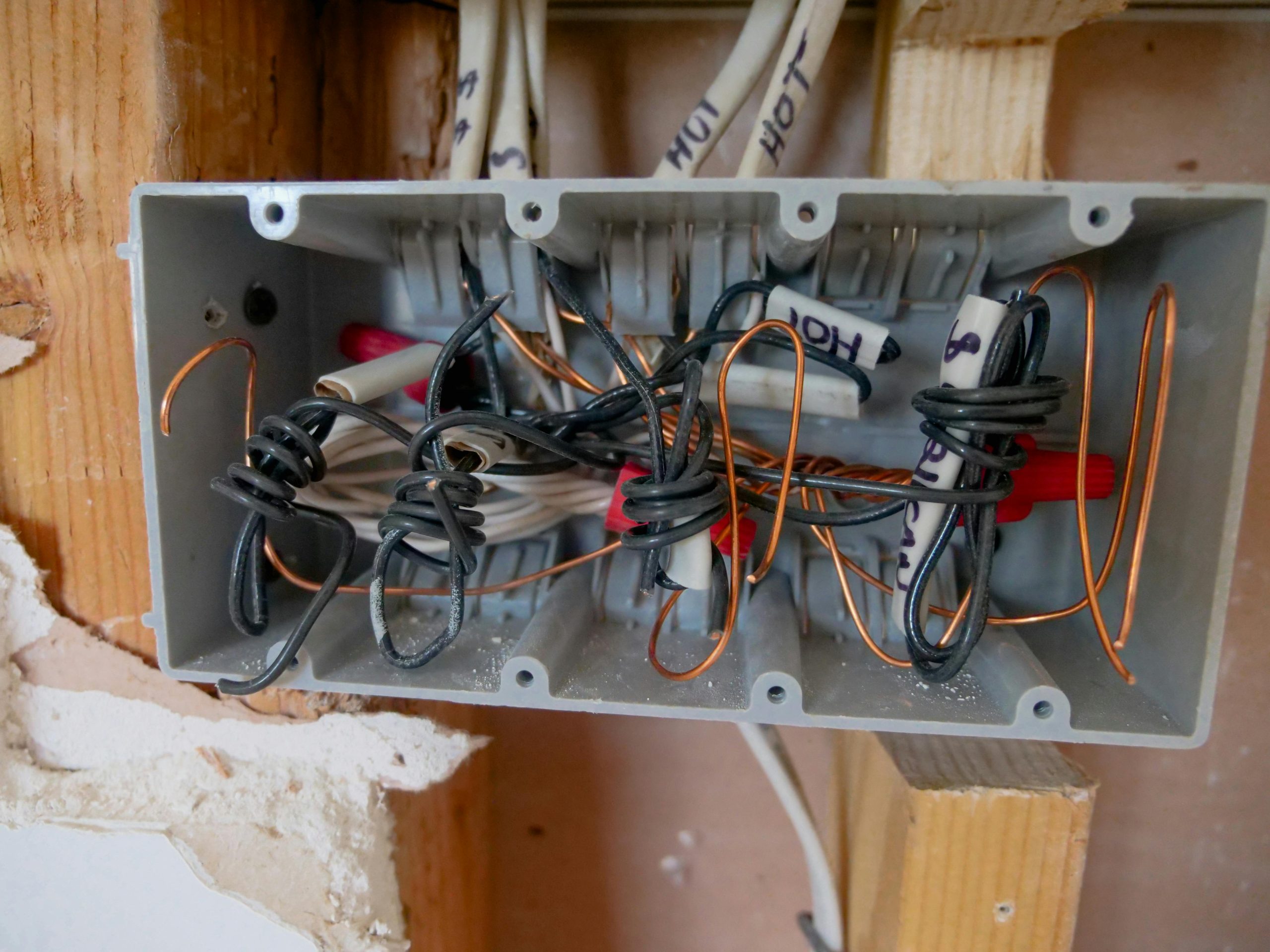When Repairs Lead to Unexpected Issues During a Home Sale
One of my readers reached out recently with a question about a tricky situation with their home sale repairs. They had accepted an offer on their home and were moving forward toward closing. As part of the buyer’s inspection, several repairs were requested. One of those repairs involved work inside the electrical panel. There were double-tap wires and a few circuits that were not properly sized. The buyer requested that these be corrected.
The seller agreed because the cost was reasonable and within their comfort level. An electrician was hired and the repairs were completed according to the buyer’s request. For a few days, everything seemed fine.
Then, while running the dryer, the seller noticed that after about 10 minutes the breaker tripped and the entire house lost power. At first they thought it might be a fluke. They tested again. Ten minutes in, the power went out. They tried a third and fourth time with the same result.
They called the electrician back. After inspecting the system again, the electrician explained that the panel was now maxed out and recommended adding a sub-panel. This was a much larger expense than the seller had anticipated when agreeing to the initial repair.
The seller wanted to know what to do. They felt they had complied with the buyer’s original request and wondered if they should just disclose the issue instead of fixing it.
Looking at the Situation from the Buyer’s Perspective
My advice was simple. If you were the buyer, how would you feel? You asked for these home sale repairs, they were made, but now the repairs caused a new problem. Most people would want that problem resolved before moving forward.
The sales contract also stated that the home should be delivered in the same condition as when the buyer last saw it. This electrical issue was not present before and had not been disclosed. If the seller only disclosed it now and the buyer did not agree to accept the home as is, they could have the right to back out of the sale. That was not an outcome the seller wanted, especially because their purchase of a new home was contingent on this sale closing successfully.
The Legal and Practical Risks
There was also the risk that if the seller did not fix the issue, the buyer could move in, discover the problem, and contact the same electrician. The electrician could confirm that they had recommended a sub-panel and that the seller declined. That could put the seller in a legal bind, possibly facing demands for compensation after the fact.
In situations like this, repairs sometimes reveal additional work that needs to be done. It can be frustrating and more expensive than planned, but handing over a home in proper working order is always the right choice.
Final Thoughts
If you are selling your home, approach the home sale repairs situation like this with the mindset of the buyer. Ask yourself what you would expect if you were the one moving in. Most of the time, the answer will be clear. Making the repair protects you legally, keeps the deal on track, and ensures the home is delivered in good condition.
If you have questions about navigating repairs or negotiations during a home sale, I am here to help. I have strong relationships with experienced real estate agents across the country and can connect you with a trusted professional in your market to guide you through the process.







